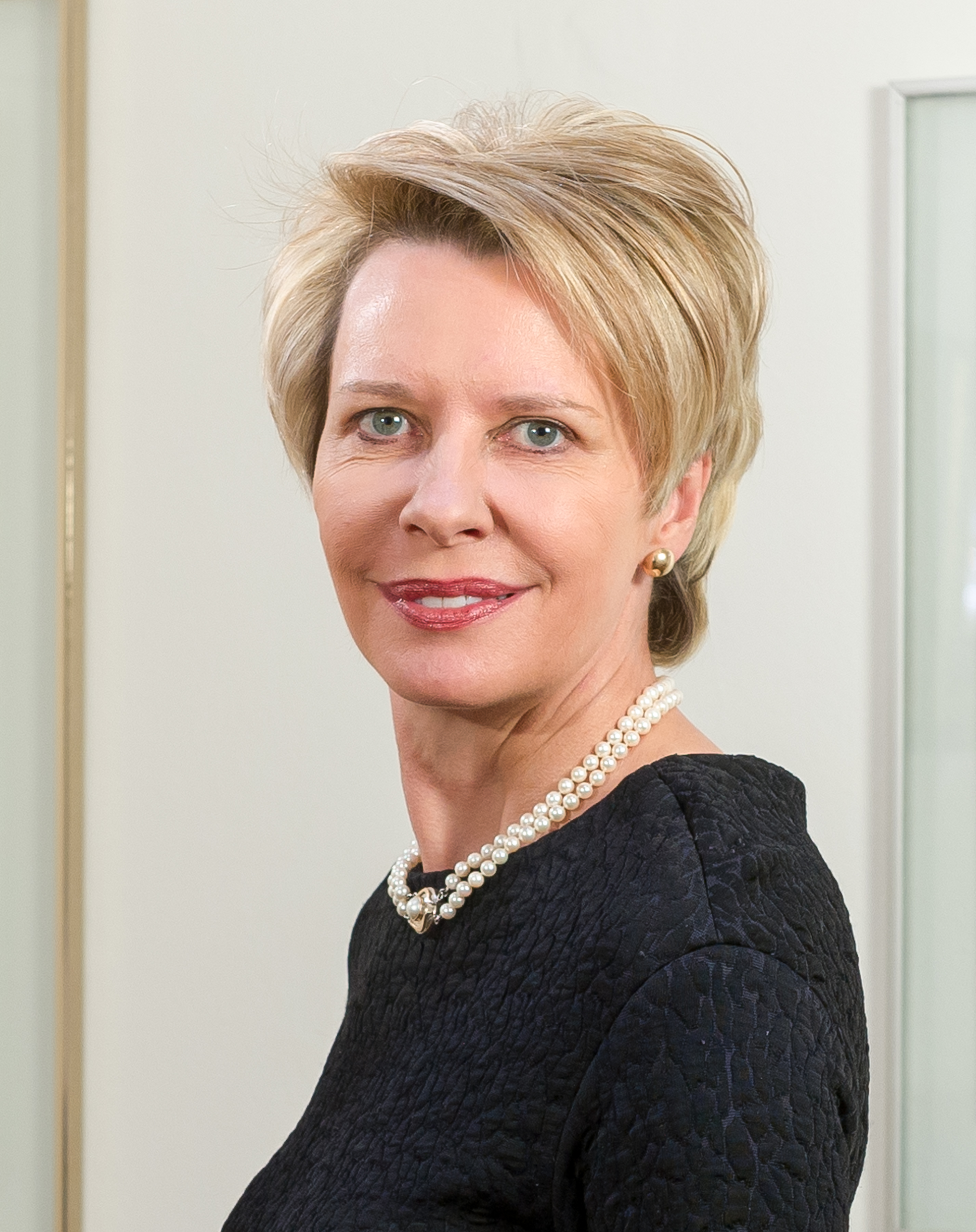REWI-Prof. Erika de Wet talked about the role of public international law during the pandemic. Read the overview of the interview, which was conducted on 9 June 2020 by the Rechtswissenschaftliche Fakultät Graz below. For the full interview in German klick << here>>.
Since the beginning of the Corona pandemic, some developments in public international law could have been observed: On the one hand, Prof. de Wet explained that states have taken recourse to so-called derogation clauses in international treaties. Such clauses enable the contracting partners under particular circumstances – e.g. for reasons of national security, public order or health – to deviate from their commitments in treaties. It was, for instance, possible to close airspace or to close the internal borders within the EU on the basis of such derogation clauses. Some states –Austria has fortunately not been among them – have even derogated some of the rights of the European Convention on Human Rights (ECHR).
Prof. De Wet also talked about closed borders, the isolation of states and cooperation on the international level: while she acknowledged that closed borders give the impression that states are no longer cooperating, she emphasised that the closing of the borders itself is constituting some form of cooperation, as the respective states have to consult on this matter. She also pointed out that the pandemic has shown that only through acting collectively, states can successfully effect change. In this regard Prof. de Wet invoked on the one hand the example of successful repatriations of Austrians, which could not have taken place in the manner they were conducted, without the help of other states. On the other hand, she also referred to the recent REWI-interview with the Austrian ambassador in Russia, who elaborated that Austrians, Croatians and Czechs were repatriated in one corporate flight (read <<here>>).
With regards to international cooperation, Prof. de Wet also acknowledged that the UN security council is currently virtually paralysed, and that discussions at the World bank and the International Monetary Fund concerning the accommodation of loan and the support of states to mitigate the long-term consequences of the pandemic, are protracted. However, Prof. de Wet engaged, that this at least would show that there is intensive international cooperation at the moment.
In the context of the right to health, Prof. de Wet elaborated that this human right is codified in article 12 of the International Covenant on Economic, Social, Cultural Rights (UNCESCR), which is also binding on Austria. In her opinion, the manner how the right to health was dealt with during the crisis was extremely problematic in Austria and other states. Everybody can invoke the right to health, however, in her opinion, it seemed that the right was at some point reduced to Covid-patients only. Patients who suffered from other diseases or accidents have been sent away and operations were suspended. The new REWI-professor therefore concluded that it will need to be examined whether the above depicted course of action has been appropriately balanced: the right to health is not an absolute human right (as for instance the prohibition of torture), wherefore interferences can be justified in certain situations. Particularly, she emphasised that one must – against this backdrop – examine whether there would have been alternatives to the undertaken measures. In essence Prof. de Wet argued in the context of the right to health that not without good reasons, media has talked about massive medical collateral damage.
Particularly, Prof. de Wet also stressed the role of public broadcasting. In her opinion, public television during the pandemic lacked open and critical analysis of the governmental measures not only in Austria, but also in some other European states. In the light of the freedom of expression under article 10 of the ECHR, she emphasised that it must be possible in a constitutional state to express legitimate criticism about the governmental course of action. In this regard, she highlighted issues of selective media coverage and message control.
With regards to changes of public international law in a post-corona time, Prof. de Wet engaged a possible examination and observation of the World Health Organisation (WHO). Questions have arisen as to whether the WHO is to blame for a delayed reaction. She further argued, that Corona could be the impetus to examine whether the World Bank and the International Monetary Fund have sufficient instruments at their disposal or whether there is need for adaption. In particular, in the post-pandemic time she expects a change of power structures within the context of international organisations: while China’s influence will be increasing, the US is rather withdrawing from its participation in various international organisations and will thereby decrease its influence. Also, Russia will also have to be reckoned with in this regard. In essence Prof. de Wet concludes that there is great danger that some influential countries will instrumentalise international organisations for their needs.
All in all, Prof. de Wet concluded the interview with remarks on her own experience of different approaches to public international law in various countries. She highlighted that in Europe constitutionalism and human rights have become foundational elements of the law, while in South-Africa and many developing countries there is rather great mistrust in the law. Public international law is often seen as a hegemonial project of the “western world” and that the specific situation of developing countries is not accordingly considered. In her opinion, these issues can only be solved through enhanced cooperation, information and explanatory approaches.
